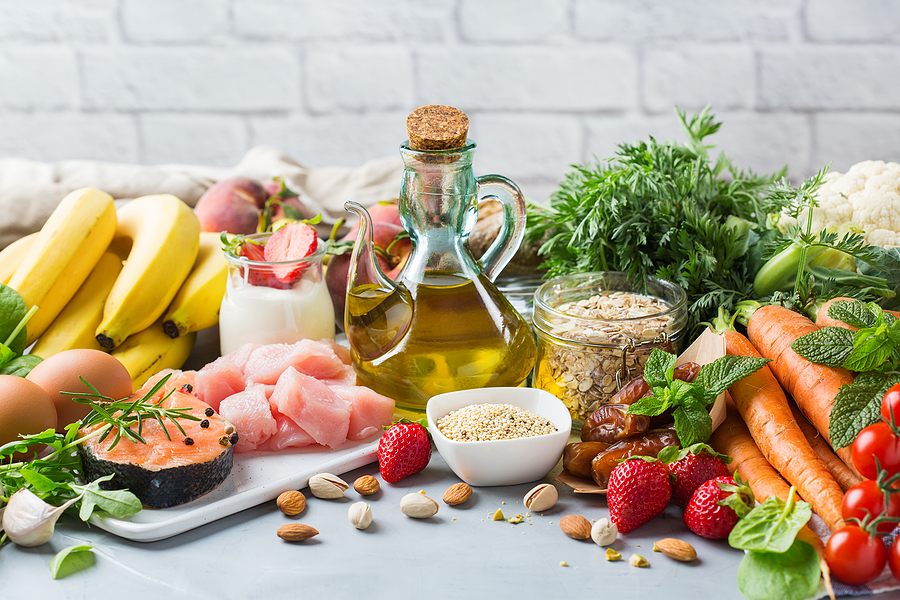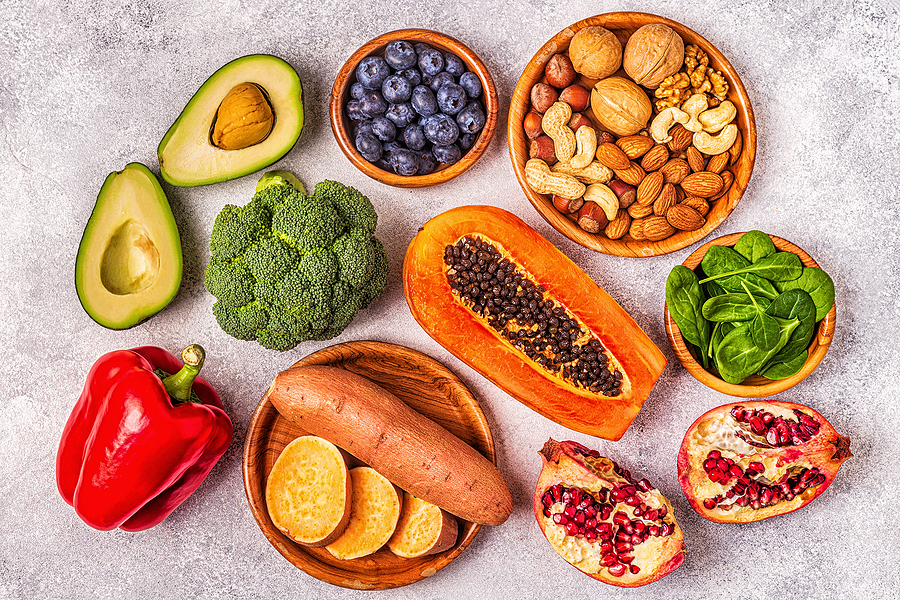Inflammation is our body’s way of responding to infections, diseases, or injuries. This type of inflammation is part of the healing process for whatever medical ailments you’re experiencing. Chronic inflammation, on the other hand, is a bit different. When inflammation is chronic, it lasts for a long period of time and can lead to health problems throughout the body, such as heart disease, diabetes, or arthritis.
One known reason people experience inflammation is from food. There are a number of foods that can lead to chronic inflammation. If you’re ready to begin an anti-inflammatory diet, read on for some foods you want to avoid to help reduce and eliminate chronic inflammation. And – to make things a bit easier on planning a diet – consider beginning anti-inflammatory meal delivery to reduce the overwhelm of meal prep.
Processed Meats
Table of Contents
Processed meats – like bacon, sausage, and hot dogs – have been salted, cured, or smoked for preservation and flavor, which can cause inflammation. Red meats are also high in saturated fats which can lead to inflammation. Any meat that comes from cows, pigs, sheep, and goats is considered red meat. If you find you have difficulty fully avoiding these meats from your diet, choose instead to strictly limit your intake.
Omega-6s
There are two main types of Omega-6s foods people consume in their diet: oils that are used in cooking such as canola oil, corn oil, sunflower oil, and peanut oil, and high-fat dairy products like milk, cheese, and butter. Your body uses the fats in Omega-6 for energy. Your body can’t make these fatty acids on its own, so you get them from the foods you eat.
So, should Omega-6s be avoided? Not necessarily. Omega-6s have great benefits to the body when you consume a healthy balance. If you’re consuming too many foods heavy in Omega-6s and not enough foods Omega-3s (fatty acids found in fish, eggs, soybeans, and more), your body can experience chronic inflammation. If Omega-6s are an essential part of your diet, consider limiting your intake and increasing Omega-3s in your diet.

Foods and Beverages with Added Sugar
Consuming too much added sugar can lead to chronic inflammation. It’s not that added sugar is inherently bad, but overconsumption can have repercussions. So many processed foods contain added sugar: cookies, breads, cereal, salad dressings, and more. To cut added sugars from your diet, you’ll need to pay close attention to food labels.
When sugar is digested, it enters the bloodstream. Your insulin puts sugar into the cells to bring you energy. But, when you eat too much sugar, insulin stores the excess in your fat cells and leads to inflammation, which is why our bodies are not designed to eat an excessive amount of added sugars.
Take note that added sugars differ from natural sugars. Natural sugars are those found in fruits and plain dairy products that won’t cause inflammation or cause your blood sugar to spike as quickly as added sugars. So, you can still limit your intake of added sugar by replacing it with foods that contain natural sugar to get that sweetness you’re craving.
Similar to foods with added sugars, avoiding sugary beverages is important to reducing inflammation. Sugary beverages include sodas, sports drinks, and excess alcohol. Often, sugary beverages contribute to the high consumption of added sugar due to the volume. Cut out as many sugary beverages as you can to prevent inflammation in the body.
Gluten
While looking for foods that are lower in sugar, you’ll find that many breads contain added sugar. However, you might still find that even eating low-sugar breads and grains, you’re still experiencing inflammation. This could be a result of gluten.
Gluten on its own is not necessarily an inflammatory food but some people experience inflammation when consuming it. A gluten-free diet can feel restrictive, but if you’ve determined that gluten is the cause of your inflammation, consider eliminating the food and see if it reduces your inflammation.
Conclusion
Practicing an anti-inflammatory diet can feel challenging. It requires taking a deep look at the foods and drinks you’re consuming and researching food labels to make more informed decisions about what you put into your body. It can seem difficult at first but once you get the hang of it, you’ll enjoy the benefits of an anti-inflammatory diet.
Image Source: BigStockPhoto.com (Licensed)
Related Categories: Health, Advice, Reviews








